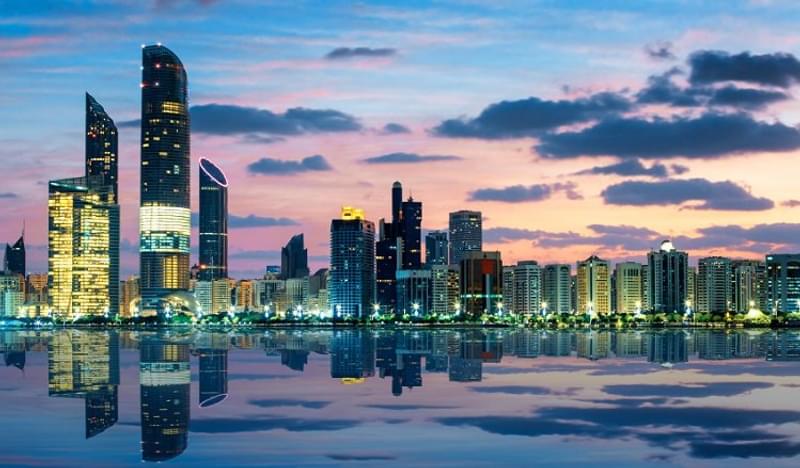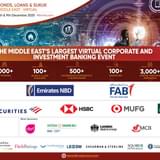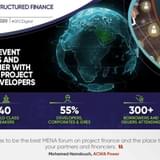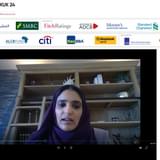According to Bloomberg, citing Arqaam Capital, Abu Dhabi Commercial Bank (ADCB) is likely to merge with Union National Bank (UNB) over the next 12 to 18 months. The two banks have a market share of 10% and 5%, respectively, and have market values of US$8.6bn and US$2.9bn and total assets of US$69bn and US$29bn, respectively.
This follows the July announcement that the National Bank of Abu Dhabi (NBAD) and First Gulf Bank (FGB) will merge to create the region’s largest bank – an entity with total assets of US$175bn and a 25% market share.
Although there is unlikely to be any new M&A activity before the NBAD-FGB merger is seen through – it is expected to be completed by the end of Q1 2017 – further reports have emerged of additional mergers in the pipeline.
Sources speaking to Bloomberg also noted that a merger between Abu Dhabi Islamic Bank (ADIB) and Al-Hilal Bank could take place in the future.
One of the leading drivers for these mergers is the fact that around 50 lenders currently compete for a market of 9 million people; this is down from 60 lenders operating in 2009.
“The concern is that there are a lot of small players, despite the market not being large enough to support this number of lenders. The idea of merging banks to have fewer operators is similar to a policy in Qatar, where banks can either be conventional or Islamic, but not both, effectively reducing their number in the country,” said a senior EM portfolio manager.
Saudi Arabia has around 20 banks, servicing a population of 31.5 million people as of 2015, and whilst Qatar’s population was recorded at only 2.3 million as of 2015, there are less than 10 banks operating in the country.
In addition, any merger will allow a new bank to borrow at a cheaper rate.
“Everyone will win if the UAE has fewer, but better, banks as a result of any merger.”
A bond trader speaking to Bonds & Loans stated that although merged banks would be getting more favourable terms on any future issuances, their investor base would likely remain the same.
“In addition, the level of debt issued by such entities would likely remain similar to before, albeit in larger sizes, and less frequent,” he continued.
Despite receiving more attractive terms on future offerings, it is uncertain whether mergers would make Middle Eastern banks any more competitive against international banks, many of which having doubled up their capital market activities this year; it could increase efficiency across the UAE’s financial sector.
JP Morgan, Citigroup and HSBC have all been active in the GCC this year. The former two worked on Abu Dhabi’s US$5bn bond, whilst JP Morgan and HSBC worked on Qatar’s US$9bn issuance; all three worked on Saudi Arabia’s record US$17.5bn issuance.
Oil has also played a role in driving the merger of banks in Abu Dhabi, but it is worth noting the ‘merger story’ is not entirely specific to the commodity. The portfolio manager stated that although persistently low oil prices are likely to have given the merger plan a push, it is unlikely to have been the main driver.
“M&A across the financial sector in the region has been somewhat of a theme since Lehman,” they said.
However, the bond trader noted that the mergers are focussed in Abu Dhabi because the Emirate, being the most dependent on the commodity in the UAE, was feeling the pressure from low oil prices.
“This means that the banks, largely owned by the Emirate’s sovereign wealth funds, which are themselves owned by the government, have all been impacted by the low price of oil.”
One of the Emirate’s sovereign wealth funds, the Abu Dhabi Investment Council, owns a 58.1% stake in ADCB and a 50% stake in UNB. Al-Hilal Bank is fully owned by the Abu Dhabi Investment Council, which also owns a 7.6% stake of ADIB.
Following this logic, the trader concluded that low oil and commodity prices elsewhere are likely to lead to banking sector consolidation in countries such as Qatar.









